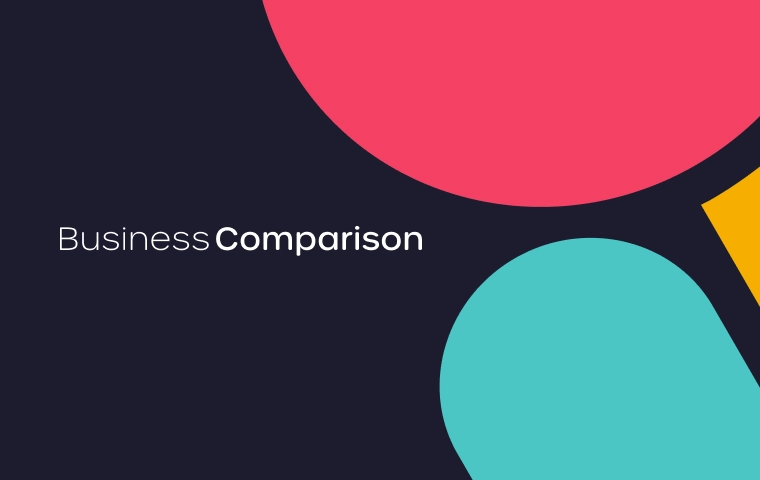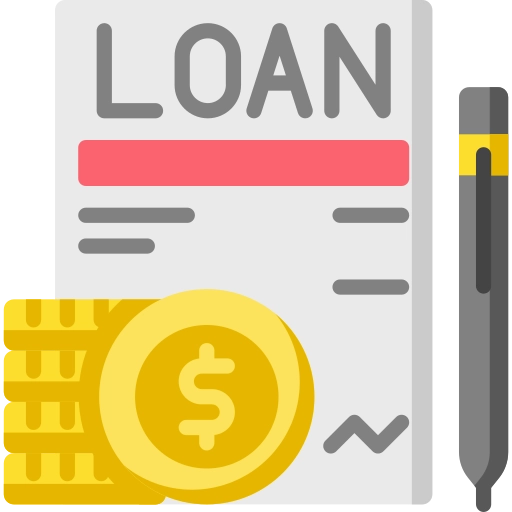
Put simply, a bridging loan (or "bridge loan") is a helpful way to reduce the gap between any upcoming outgoings and your available credit, providing a useful way of ensuring that your business continues to run smoothly and keep growing. In this article, we'll explore what bridging loans are and how they could benefit your business.
What is a bridging loan?
A bridging loan is usually used as an alternative to accessing funds quickly over a short period of time. You're effectively ‘bridging’ the gap between your outgoings and having the funds to cover those outgoings. You secure this type of business loan against any property you own, but because it's a short-term loan, some view it as a mini-mortgage.
Is a bridging loan right for my business?
| While there are a lot of benefits to a bridging loan, whether it's right for your business depends on why you need it and your circumstances. Although it might be the perfect finance solution for you, if you find the way it operates to be too restrictive, you may want to explore further business finance options. If your business needs to move into a new building but you're unable to sell your current one, a bridging loan is the best solution for you. This is because you're able to move while waiting for your old property to sell. |
What can a bridging loan be used for?
Although bridging loans are commonly used when buying and selling property, they can be used to cover any financial need. The list of things this type of loan can be used for is almost endless. Typically, you'll need a bridging loan for one of the following options:
To buy a new property while selling your current property.
As a stop-gap measure while waiting for a longer-term loan.
As a short-term loan.
| Bridging loans are commonly used when purchasing commercial property as they allow you to purchase the property before selling an existing property, saving you from getting caught in a property chain, speeding up the process of moving into a new property, and reducing the risk of missing out on the ideal property for your business. It's important to be aware that bridging loans are a short-term financing solution, as they typically require a relatively fast repayment, typically within a year. If you're looking for a loan with repayment terms longer than this, then you may want to make other business loan comparisons. |
How does a bridge loan work?
As with some other types of business loans, bridging loans are secured against your property and allow you to quickly raise capital over the short term. Unlike some business loans, with a bridging loan, you could have access to your credit within 24 hours.
A typical application process is as follows:
Compare bridging loans to find the one that offers the amount of credit you need. Additionally, you also want to make sure you're comfortable with the payment terms and security. Most importantly, make sure you get the best rate available to you.
Complete the lender's application form, providing all required information. This can include your reason for applying for the loan and the details of the property you're buying and selling. Ensure that everything is accurate so that your application can be processed quickly and smoothly.
The lender will then share the details of your loan, including the terms and conditions, your repayment plan and how much interest you'll pay, as well as any further steps you need to take to secure the loan.
For the next step, the lender will inform a valuer who will create a valuation report. This valuation report which will be sent (along with all documents) to a solicitor who will explain the terms and conditions to you.
Once all of this is done, the solicitor and all relevant parties will gather so that all involved can sign the documents.
After signing the documents, your funds will be sent to a solicitor who will confirm legal completion and lastly, send the funds to you.
That's it. Part of the hard work of getting a bridging loan is finding the right one to apply for in the first place. That's where BusinessComparison comes in. We make it quicker and easier to compare bridging loans, so all you need to do is pick one and complete the application process.
What information do I need?
| Your bridging finance lender will require a summary of why you want a bridging loan, the security available and your strategy for making repayments. If you're getting a bridging loan to purchase a new property, the lender will likely require information about the new property purchase. This can include the price and proof of intent to purchase. A valuer will produce a valuation report for your solicitor to review along with your documents. |
Can I use a bridging loan if I have bad credit?
Yes! Even with bad credit, your bridging loan could still be approved. It's always worth seeking financial advice beforehand. Consulting with a finance broker before signing up for anything will help you understand the chances of your loan application being approved, but you won't know for certain until you apply.
Does your business have bad credit? We can also help you compare bad credit business bank accounts if you need to set one up or want to switch accounts.
What are the pros and cons of a bridging loan?
A bridging loan can be the ideal solution. However, whether it's the right loan for your business depends on your circumstances. Below, we've put together a list of bridging loan pros and cons:
Pros
| Cons
|
How can I find the best bridging loan?
The best way to find any product or service for your business is to compare what's available, but we know that this can take time. At BusinessComparison, we make it quick and easy to compare bridging loans and other business finance products, and best of all, it's free. Find out how we can help you today.











.jpg)







